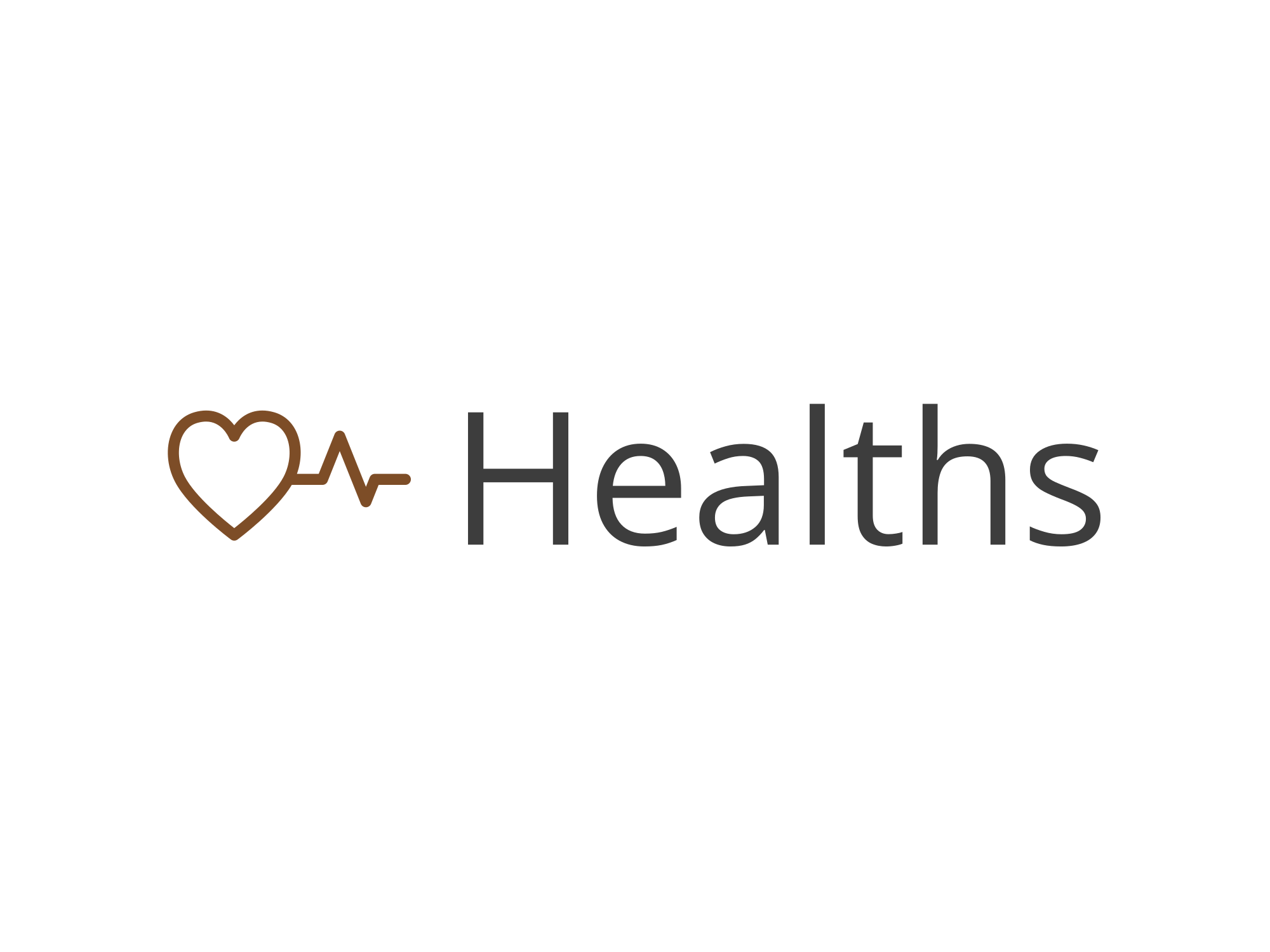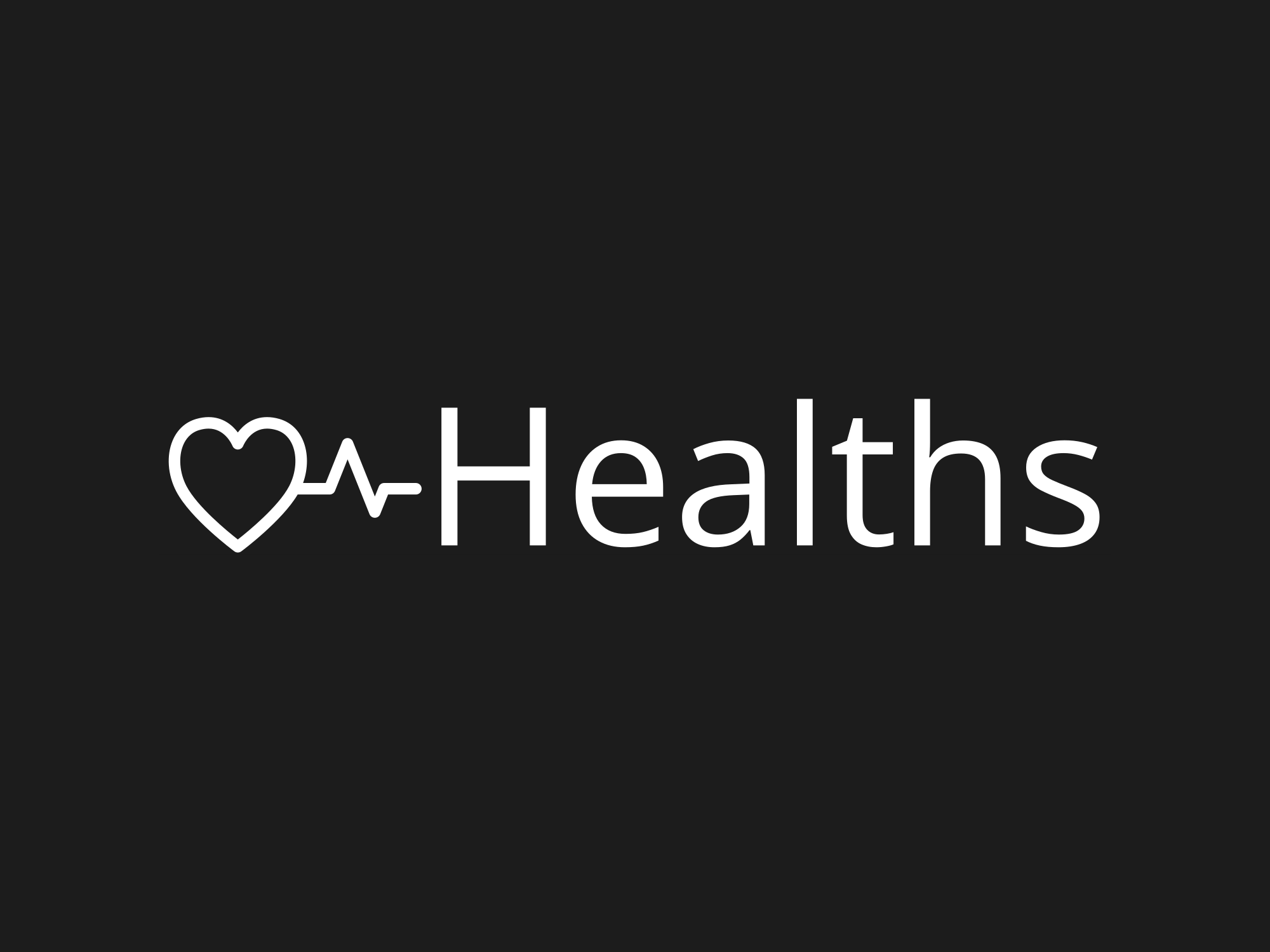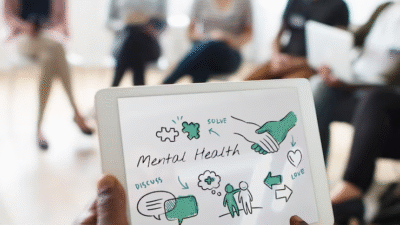
Meta Title: Natural Stress Relief 2025: 10 Simple Ways to Stay Calm Drug-Free
Meta Description: Discover effective natural stress relief 2025 strategies. Learn 10 simple ways to manage stress without medication and improve mental wellness today.
Introduction
In today’s fast-paced world, stress has become an almost unavoidable part of daily life. From demanding jobs to constant connectivity and global uncertainties, many people are searching for natural stress relief in 2025 that doesn’t rely on medication. Whether you’re looking to manage stress without medication due to side effects, personal preference, or a holistic lifestyle, this article offers 10 simple, effective techniques to reduce stress naturally and boost mental clarity. These drug-free stress management methods are backed by science and recommended by wellness experts, making them ideal for anyone wanting to live a calmer, more centered life in 2025.
Why Manage Stress Without Medication?
While medications can be helpful for some individuals, they often come with unwanted side effects and dependency risks. Furthermore, medication addresses symptoms but may not always tackle the root causes of stress. Natural remedies and lifestyle adjustments empower you to build resilience, improve emotional health, and sustain long-term stress relief for anxiety and daily pressures.
10 Simple Ways to Achieve Natural Stress Relief in 2025

1. Practice Mindfulness and Meditation
Mindfulness is a powerful stress reduction technique that involves focusing on the present moment without judgment. Practicing mindfulness daily—even for just 5 to 10 minutes—can significantly reduce anxiety and promote calmness.
- How to start: Try guided meditations or breathing exercises using apps like Headspace or Calm.
- Benefits: Improves mental clarity, lowers cortisol (stress hormone), and enhances emotional regulation.
2. Engage in Regular Physical Activity
Exercise is one of the most effective natural calming methods. Activities like walking, yoga, swimming, or cycling release endorphins—natural mood elevators—and reduce stress hormones.
- Tips: Aim for at least 30 minutes of moderate exercise most days.
- Example: A 2024 study showed that 30 minutes of brisk walking reduced stress levels by 30%.
3. Maintain a Balanced Diet
Certain foods can impact stress levels. Incorporate whole grains, lean proteins, and plenty of fruits and vegetables for optimal brain health.
- Stress-fighting foods: Dark chocolate, green tea, berries, nuts, and fatty fish rich in omega-3s.
- Avoid: Excess caffeine, processed foods, and sugar spikes that exacerbate anxiety.
4. Prioritize Quality Sleep
Lack of sleep worsens stress and anxiety. Establish a calming sleep routine that promotes restful nights:
- Stick to a regular bedtime.
- Limit screen time an hour before sleep.
- Create a cool, dark, quiet environment.
5. Practice Deep Breathing Exercises
Deep breathing triggers the parasympathetic nervous system, helping you relax quickly.
- Simple method: Try the 4-7-8 technique—inhale for 4 seconds, hold for 7, exhale for 8.
- Use this during stressful moments for quick stress relief.
6. Limit Screen Time and Social Media Exposure
Overexposure to screens and social media can increase stress by causing information overload and negative comparisons.
- Set daily limits.
- Schedule tech-free time zones.
- Replace screen time with hobbies or outdoor activities.
7. Cultivate Social Connections
Strong social support is essential for emotional well-being and stress resilience.
- Reach out to friends, family, or support groups.
- Volunteer or join clubs with shared interests.
8. Spend Time in Nature
Nature exposure reduces cortisol and promotes feelings of relaxation and happiness.
- Take walks in parks, hike, or garden regularly.
- Even indoor plants can help improve mood and reduce stress.
9. Use Aromatherapy and Natural Remedies
Certain scents like lavender, chamomile, and eucalyptus have calming effects.
- Use essential oils in diffusers or apply diluted oils for relaxation.
- Herbal teas like chamomile or valerian root support sleep and anxiety relief.
10. Practice Gratitude and Positive Affirmations
Focusing on positive aspects of life helps reframe stressors and builds mental resilience.
- Keep a gratitude journal.
- Repeat affirmations to reduce negative thought cycles.
What’s New in 2025: Holistic Stress Remedies and Tech Integration
In 2025, new apps and wearable technologies integrate with traditional mindfulness and relaxation methods to personalize stress management. AI-based platforms now offer tailored breathing exercises, guided imagery, and real-time stress monitoring to help users apply daily stress relief habits effectively.
For example, devices like the Muse headband provide neurofeedback during meditation, making it easier to track progress and stay motivated.
Real-World Example: How Sarah Beat Stress Naturally
Sarah, a busy marketing executive, struggled with anxiety and burnout. Instead of immediately resorting to medication, she adopted several simple stress management tips:
- Daily mindfulness meditation with an app.
- Evening walks in a nearby park.
- Reduced caffeine and improved diet.
- Consistent sleep schedule.
Within weeks, Sarah reported improved mood, better sleep, and less anxiety—without side effects.
Comparison Table: Medication vs. Natural Stress Relief
| Aspect | Medication | Natural Stress Relief |
|---|---|---|
| Side Effects | Possible (drowsiness, dependency) | Minimal to none |
| Long-term Sustainability | Often limited | Promotes long-term wellness |
| Addressing Root Causes | Typically symptom-focused | Holistic, addresses causes |
| Accessibility | Prescription needed | Accessible anytime, low cost |
FAQ Section
1. What are the best natural stress relief techniques for beginners?
Beginners can start with simple mindfulness meditation, deep breathing, and daily walks. These are easy to learn and have immediate calming effects.
2. How long does it take for natural stress relief methods to work?
Results vary, but many people notice reduced anxiety and better mood within days to weeks when practicing consistently.
3. Can natural remedies replace medication for severe anxiety?
While natural methods help manage mild to moderate stress, severe anxiety may require professional treatment. Always consult a healthcare provider before making changes.
4. Are there any risks with using essential oils for stress relief?
Essential oils are generally safe when diluted properly. However, some people may experience allergies or skin irritation. Patch testing is recommended.
5. How can I integrate stress relief into a busy schedule?
Even 5 minutes of deep breathing or a short walk can provide relief. Incorporate small habits like mindful eating or gratitude journaling throughout your day.
Conclusion
Managing stress naturally in 2025 is not only achievable but essential for maintaining overall mental and physical health. By incorporating these natural stress relief 2025 techniques—ranging from mindfulness to lifestyle changes—you can reduce anxiety and improve your quality of life without relying on medication. Start small, be consistent, and explore what works best for you.
Ready to take control of your stress naturally? Share your favorite stress relief techniques in the comments or sign up for our newsletter for more wellness tips!
Suggested Visuals
- Infographic summarizing the 10 natural stress relief methods.
- Video tutorial on a 5-minute mindfulness meditation.
- Table comparing medication vs natural stress management.
- Real-life case study interview with Sarah.




